Distraction is one of the biggest enemies of productivity. So why are we so distracted even when we’ve blocked social media notifications and even when we’ve settled down for some deep thinking work?
There are a few subtle reasons why we are so easily distracted and once you know about them you’re able to better identify them and do something about it.
LISTEN TO THE PODCAST
You can listen to the podcast on Apple Podcasts, Spotify and Amazon Music.
WATCH THE VIDEO
READ THE TRANSCRIPT
Hello and welcome to episode 1 of less stress and more success.
So if you’re listening or watching either live or on replay, share with me in the comments, what do you most want to get better at or achieve in your life right now? Maybe it’s a goal or a habit you want to start? Or it could be something that you want to do, have or feel more of in your life? Share with me in the comments.
Ok, so in this episode, I’ll be chatting about the subtle reasons why we get distracted and what to do about them.
Distractions are a huge challenge for most people. And whether you work in an office or work from home – most people find themselves bombarded with distractions. Email. Social media. Phone calls. Amazon deliveries. 5-year olds knocking on your door.
The one important thing to know is that whenever we are distracted and switch from one task to another it takes us on average 50% longer to get back to the task we were working on and then we also tend to make 50% more mistakes.
On top of this, most people have said that they are distracted by their phone notifications and emails almost every 10-20minutes! Just let that sink in.
Every 10 to 20 minutes we’re switching from one task to the distraction, taking us 50% longer to complete our important tasks and making a lot more mistakes.
But if we are able to reduce or gain better control of distractions, studies have shown that most people are then able to be more productive, more motivated and even report feeling happier!
But it’s so easy to blame social media or our colleagues and clients and family members for distracting us.
But here’s the truth, the real reason we get so distracted is not from what’s happening around us – it actually comes from our minds.
It comes from what we are thinking in the moment of that distraction.
And here’s a very subtle example that happens to so many of us:
Let’s say an email request comes through from a client – they want a quote or proposal from you.
At that moment, we are thinking – “this won’t take long” or “we might get the business” or “I love to add value to my clients so I’m going to respond quickly”.
These are seemingly innocent thoughts – they sound good right?
It’s true they do. We all want to gain more business and add value to our clients.
However, here’s what’s happening in the background:
Your brain likes to reward you for the good things that you do – and by actioning on this distraction immediately – actioning this proposal for the client – your brain gets a dopamine boost.
Dopamine is a neurotransmitter in the brain that gives us feelings of pleasure and reward.
So by actioning this proposal at this moment – by giving in to the distraction – you feel good. In fact, you feel great because of the dopamine.
But the problem comes in later when you feel so out of control of your day – and when you realise that you haven’t ticked off anything you said you wanted to do in that day.
Has that happened to you? Where you are just so busy during the day – so busy… and then you get to the end and you feel like you haven’t achieved anything at all?
And then you end up working late into the night trying to catch up and go into the next day feeling exhausted and burnt out. And so this vicious cycle starts because you start the next day looking for another dopamine hit, another distraction, to quickly make your feel good.
This is what’s happening.
You’re giving in to these distractions. And you’re not noticing it at the time because your brain keeps rewarding you with dopamine. It keeps you going, feeling like you’re being productive until it’s the end of the day and it’s too late.
There are a few other subtle types of thoughts we have where we get temporarily rewarded by the brain for acting on the distraction. Thoughts like:
- I like to help people – when someone phones or emails asking for your help with something and you give in
- Another thought is I can do this faster than they can – so you action it because your brain knows your’re good at this task and for sure will give you a chemical noddy badge when you’re done. So you stop what you’re working on and give in to the distraction
- Anothet thought is: It’s only going to take 5mins / 10mins etc. – So you drop what you’re doing to action the distraction. Because it’s only 5 minutes. But let’s get real – is it really? These kinds of distractions sometimes take much longer and our brain wants to feel productive so you end up putting more time an effort in to it any way
These thoughts are so subtle – and yet by thinking them we are giving ourselves permission to be distracted.
And the worst thing of it all is that by continuously doing this we’re programming our brains to keep looking for more ways to get that dopamine kick – to get more temporary reward – by giving in to distractions.
But you have to ask yourself: by getting distracted in this way, is it allowing you to have full control of your day? Is it allowing you to have the results you want? Is it allowing you ultimately to reach your goals? And if not, then it’s time to look at the thoughts and what your mind is telling you in those moments of distraction.
There is a simple skill you can practice to get better at this.
- First it’s about becoming aware that you have been distracted by something
- Then asking yourself – “why do I want to give in to this distraction?”
- Then it’s about acknowledging that this reason or thought thats coming up for you is actualy is not allowing you to achieve what you’ve committed to within the day
- And finally then you get to intentionally decide how you want to think about these distractions instead and how you want to move forward with them – knowing the trade offs
For instance, in those moments instead of thinking:
“I like to help people” → perhaps you can think: “I like to help me first and then I can better help others”
Or thinking “I can do this faster than they can” → maybe it’s more helpful to think: “I can probably do this faster but then they will never learn. I can empower people better by letting them practice how to do this ”
And instead of thinking “It’s only going to take 5mins/10mins etc.” → Perhaps you could think “But spending 10mins on this I am losing a minimum of 30mins on something else and am I willing to do that?”
Yes, I know that all of us want to serve our clients and our colleagues in the best possible way. But the reality is that we actually aren’t able to do this when we are constantly distracted – the switching means that we are less productive; less efficient; more exhausted and our quality of work eventually suffers.
By shifting our thoughts on these distractions we can then decide how we want to respond to them.
Here are 2 actionable strategies to consider:
- I only ever action an item that’s come into my inbox for the next day or later. This is because I have planned my day and if its not already in my calendar it gets scheduled for another time. You can easily manage clients and colleagues expectations by letting them know this in advance
- Or if you know that this is something that consistently happens in your job – things that happen daily or on specific days of the month – then you can plan time on those days to work on your last-minute incoming or unplanned tasks. It’s planning for the unplanned! For instance you can plan 1 hour every day to action quick email tasks / responses.
So if you want to better manage your distractions then first look to your mind and your brain and ask yourself why are you giving in to that distraction. What are you thinking at that moment?
From there you’ll have better control over your day and you’ll be able to start ticking off bigger goals instead of always giving in to distractions and not making much real progress in your day.
Ok everyone – let me know in the comments what your thoughts are about this – and if you need more help with distractions, productivity, mindset and innovation for yourself or your team then reach out to me.
You can email hello @ terezrijkenberg.com and request a free 30min strategy session to get less stress and more success in your business and for your life.
Bye for now!




